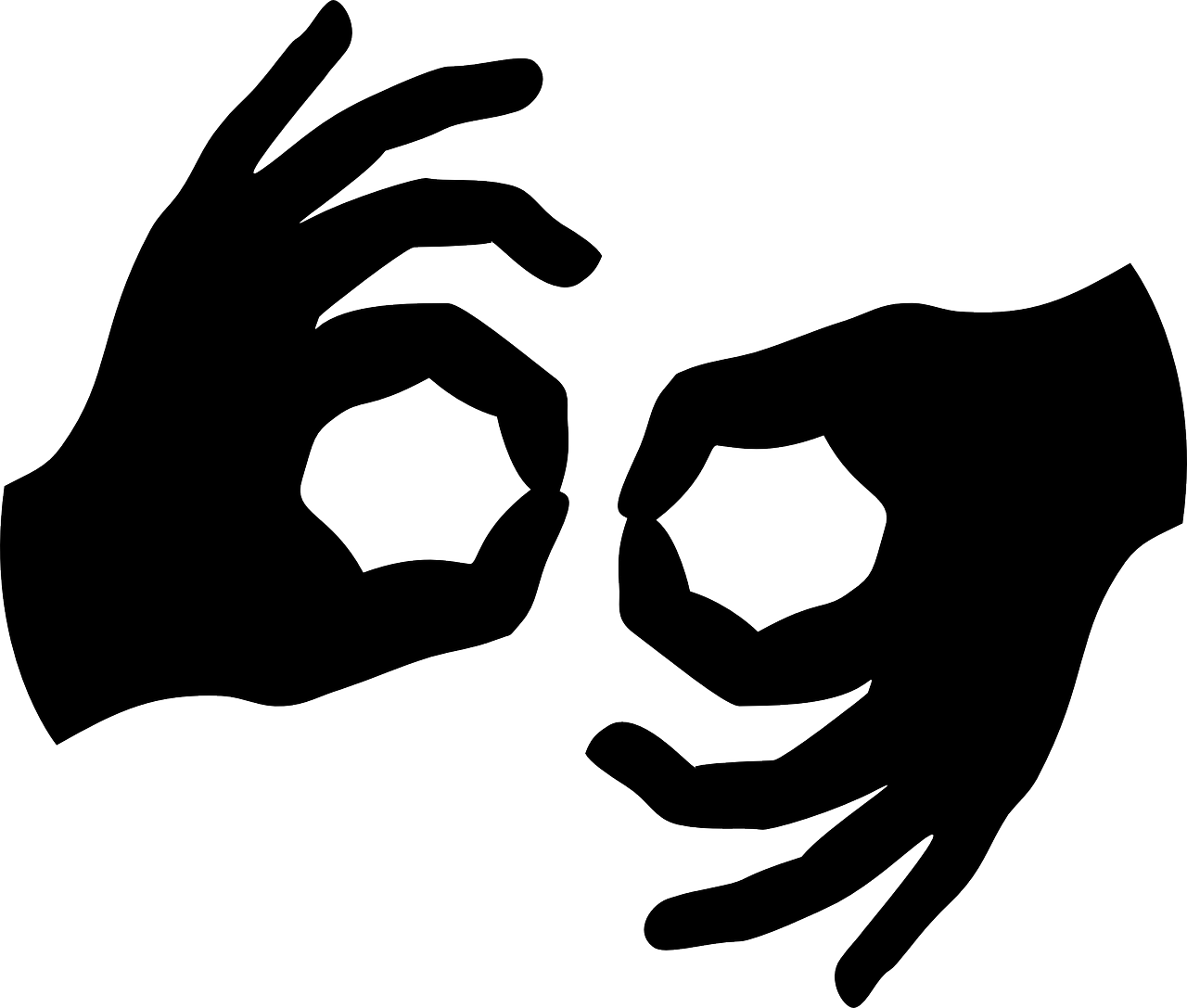Sign language interpreters play a pivotal role in bridging the communication gap between Deaf and hearing individuals. Their expertise goes beyond translating words; they facilitate understanding, empower inclusivity, and ensure effective communication in various settings.
Facilitating Communication
Sign language interpreters act as communication facilitators, enabling seamless interaction between Deaf and hearing individuals. Through their specialized skills, they bridge linguistic barriers, conveying messages accurately while preserving the nuances of both spoken and signed languages.
Diverse Settings and Scenarios
The role of sign language interpreters spans diverse settings, including educational institutions, healthcare facilities, legal proceedings, conferences, and public events. Their presence ensures that Deaf individuals have equal access to information, services, and opportunities across various domains.
Ethical Standards and Confidentiality
Interpreters adhere to strict ethical standards, maintaining confidentiality and impartiality in their work. They prioritize accuracy, impartiality, and professionalism, safeguarding the privacy and rights of the individuals they assist.
Cultural Competence and Sensitivity
Beyond linguistic proficiency, interpreters possess cultural competence and sensitivity to the Deaf community’s values, norms, and communication preferences. This understanding fosters effective communication and respectful interaction in diverse cultural contexts.
Advocacy and Accessibility
Sign language interpreters advocate for accessibility and inclusivity, ensuring that Deaf individuals have equal access to information and services. They play a crucial role in promoting Deaf rights, advocating for proper accommodations, and raising awareness about Deaf culture and linguistic rights.
Challenges and Adaptability
Interpreting presents unique challenges, requiring adaptability and quick thinking. Interpreters navigate varying communication styles, technical jargon, and complex scenarios while maintaining accuracy and composure.
Continuous Professional Development
A commitment to continuous learning and professional development is inherent in the role of sign language interpreters. They engage in ongoing training, workshops, and skill enhancement programs to stay updated with industry standards and advancements in the field.
Building Bridges and Fostering Inclusivity
By breaking down communication barriers, sign language interpreters foster inclusivity, promoting understanding and fostering connections between Deaf and hearing individuals. Their role contributes to creating more accessible, diverse, and inclusive environments.
Conclusion
The role of sign language interpreters goes beyond mere translation; it encompasses advocacy, communication facilitation, and cultural mediation. Their dedication to accuracy, confidentiality, and cultural sensitivity ensures effective communication and equal access to information for the Deaf community.
Sign language interpreters are invaluable allies in promoting inclusivity, advocating for Deaf rights, and building bridges between communities. Their commitment to facilitating communication serves as a catalyst for a more inclusive and understanding society.



